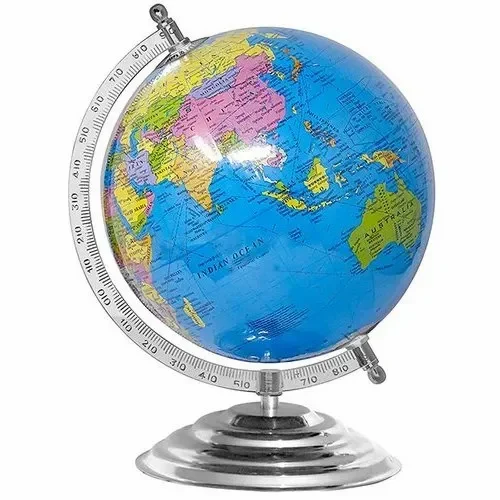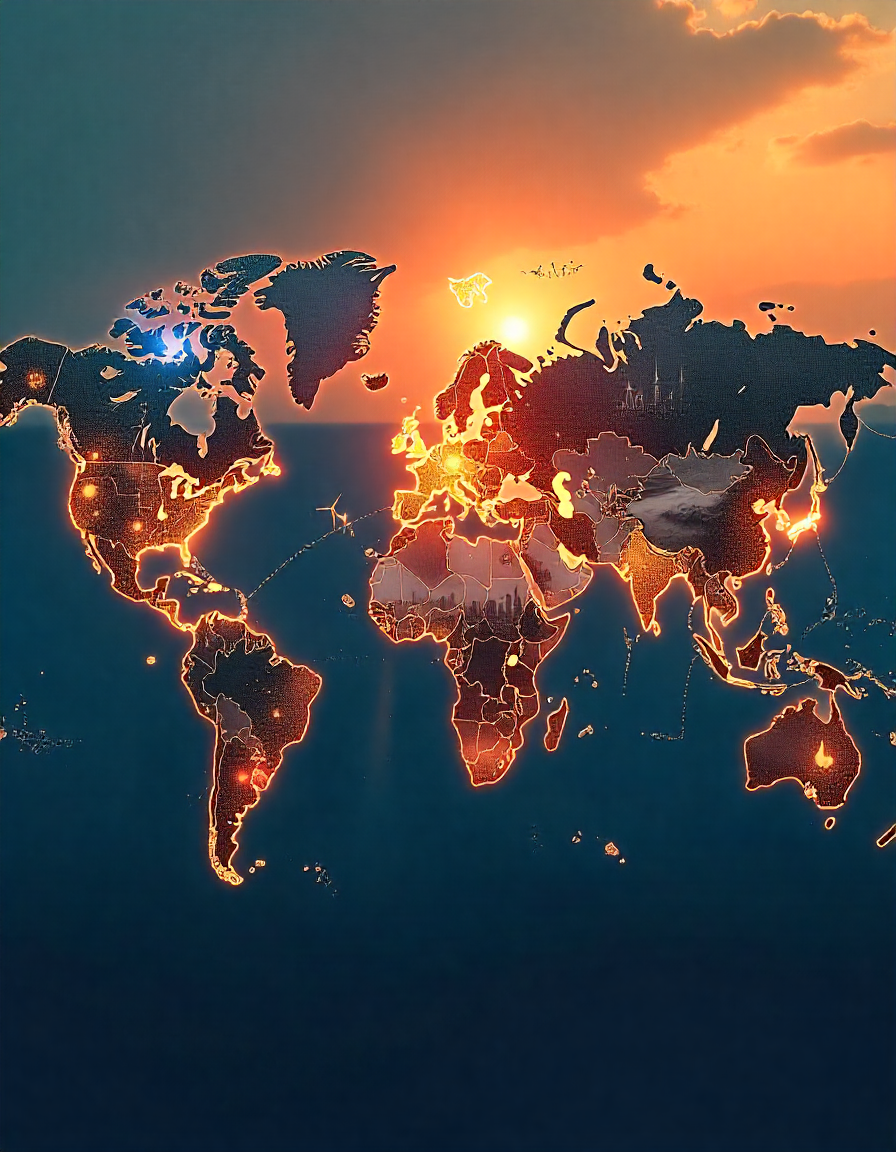Globalization has significantly shaped the modern world, and Europe is at the heart of this transformation. From open borders and international trade to cultural exchange and technological advancement, globalization has both strengthened and challenged the European continent. As the European Union continues to integrate economies and people across national lines, the influence of globalization on Europe is undeniable—affecting its industries, societies, and politics.
This article explores the impact of globalization in Europe, highlighting the opportunities it presents, the challenges it poses, and the future prospects for a more interconnected Europe in a globalized world.
What Is Globalization?
Globalization refers to the process of increasing interconnectedness among countries through the exchange of goods, services, information, people, and ideas. This phenomenon has accelerated in the past few decades, fueled by technological advances, lower transportation costs, and liberalized trade policies.
Europe, particularly the European Union (EU), has been both a driver and a product of globalization. The continent’s history of trade, diplomacy, and cultural exchange laid the foundation for today’s deeply globalized European society.
Economic Impact of Globalization in Europe
One of the most evident effects of globalization on Europe is economic integration. The EU’s single market allows goods, services, capital, and labor to move freely across member states, making it one of the world’s largest trading blocs.
Benefits:
-
Trade Expansion: European countries export goods and services across the globe. Germany, France, and Italy, for instance, are major exporters of automobiles, machinery, and luxury goods.
-
Foreign Investment: Europe attracts global companies and investors thanks to its stable legal systems, skilled labor, and high consumer spending.
-
Innovation and Competition: European industries compete in a global market, encouraging innovation, technological development, and efficiency.
Challenges:
-
Job Outsourcing: Some manufacturing and low-skill jobs have moved to countries with cheaper labor costs, leading to job losses in certain regions.
-
Economic Inequality: While globalization has enriched major cities like London, Berlin, and Paris, rural or less developed areas may not benefit equally.
Cultural Exchange and Migration
Globalization has brought about a diverse cultural landscape in Europe. From international cuisines and music to multicultural neighborhoods, European societies have become more diverse than ever.
Positive Aspects:
-
Cultural Enrichment: Festivals, fashion, and art from around the world now have a place in European life.
-
Global Workforce: Migration has helped fill labor shortages, especially in healthcare, technology, and construction.
Concerns:
-
Social Tensions: Rapid demographic changes can sometimes lead to cultural clashes or political friction, especially in communities struggling with integration.
-
Identity and Nationalism: Some Europeans fear losing their national identity, leading to the rise of nationalist and anti-globalization political movements.
Technological Advancement and Connectivity
Technology has been a key driver of globalization. Europe is deeply connected to the global digital economy, with millions of users engaging in online commerce, communication, and innovation.
-
Digital Trade: E-commerce platforms allow European consumers to buy products from Asia, North America, and beyond.
-
Research Collaboration: European universities and companies collaborate globally on science, medicine, and climate change research.
-
Remote Work: Globalization and the internet have made it possible for Europeans to work for international companies from home, expanding career opportunities.
Political and Environmental Dimensions
Globalization has also shaped Europe’s politics and environmental strategies.
Political Impacts:
-
Supranational Governance: The EU itself is a model of political globalization. Decisions made in Brussels affect all member states.
-
Global Diplomacy: Europe plays a key role in global institutions such as the United Nations, World Trade Organization, and COP climate summits.
Environmental Concerns:
-
Climate Agreements: Europe has taken the lead in global environmental agreements like the Paris Accord, pushing for cleaner energy and sustainable development.
-
Global Supply Chains: While efficient, global supply chains can lead to higher emissions and environmental degradation unless managed responsibly.
The Challenges Ahead
While globalization has brought immense benefits, Europe faces key challenges:
-
Balancing National Sovereignty and Global Cooperation: How can European countries maintain national interests while participating in global decision-making?
-
Managing Migration and Integration: Developing fair and effective immigration policies is vital for social cohesion.
-
Addressing Economic Inequality: Policymakers must ensure that globalization benefits all regions and social groups, not just the urban elite.
The Future of Globalization in Europe
Looking forward, Europe is likely to continue as a central player in the globalized world. However, the continent must adapt to shifting power dynamics, climate challenges, and digital transformation.
-
Green Globalization: Europe is poised to lead in the transition to sustainable energy and climate-friendly technologies.
-
Digital Sovereignty: As data becomes more valuable, Europe aims to strengthen control over its digital infrastructure and AI development.
-
Inclusive Global Policies: The EU is working to create trade and migration policies that are fair, ethical, and future-ready.
Conclusion
Globalization has profoundly influenced Europe, shaping its economy, culture, politics, and technology. The continent has embraced interconnectedness while grappling with its complexities. As Europe continues to navigate this global era, the focus must be on creating inclusive, sustainable, and cooperative systems that ensure all citizens benefit from the global flow of ideas, innovation, and opportunity.
In a world that is becoming more interconnected every day, Europe’s ability to lead with resilience and unity will determine its success in the age of globalization.


